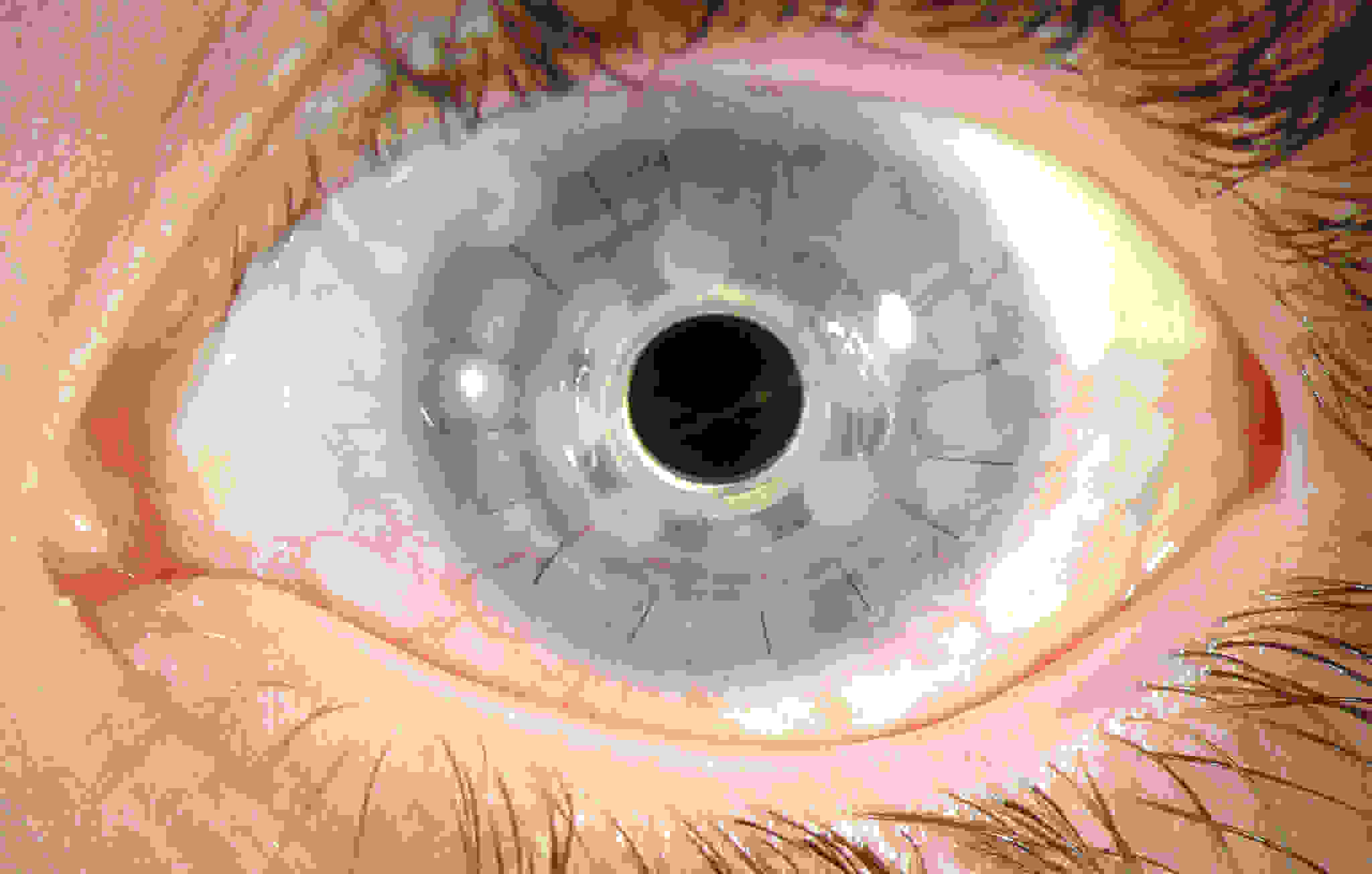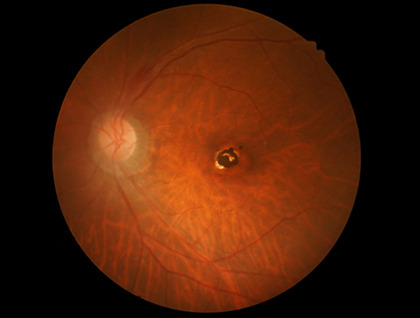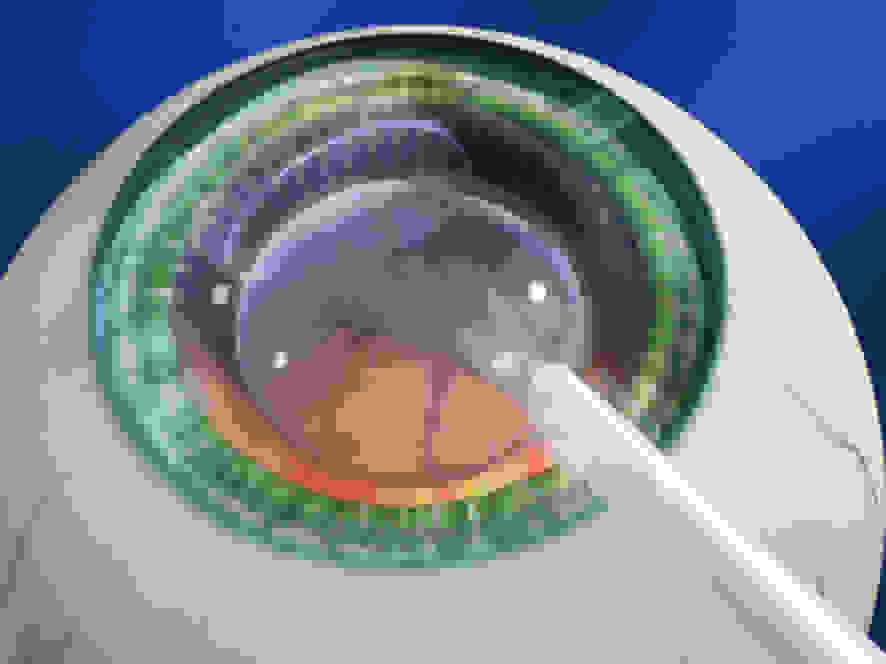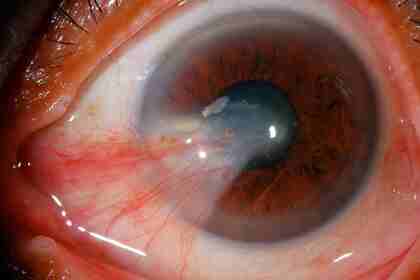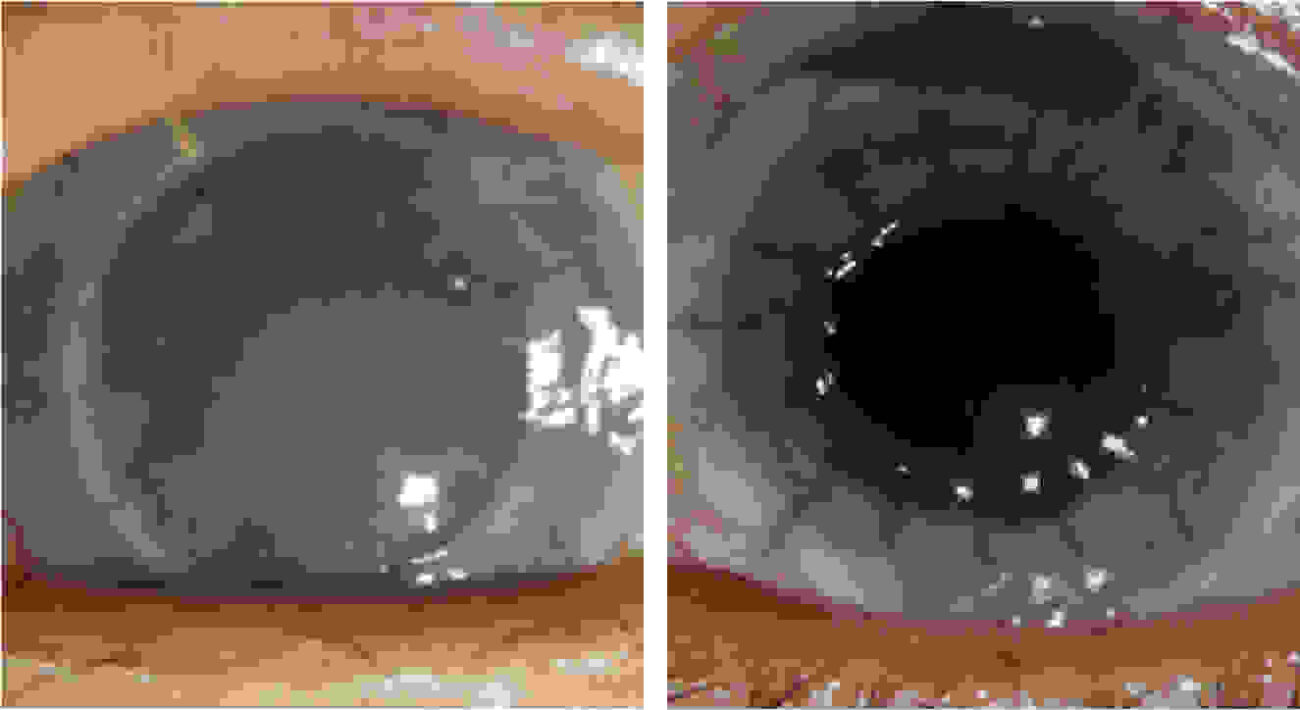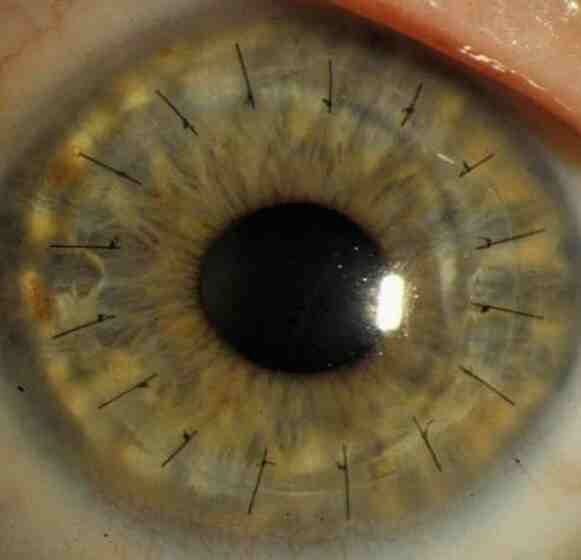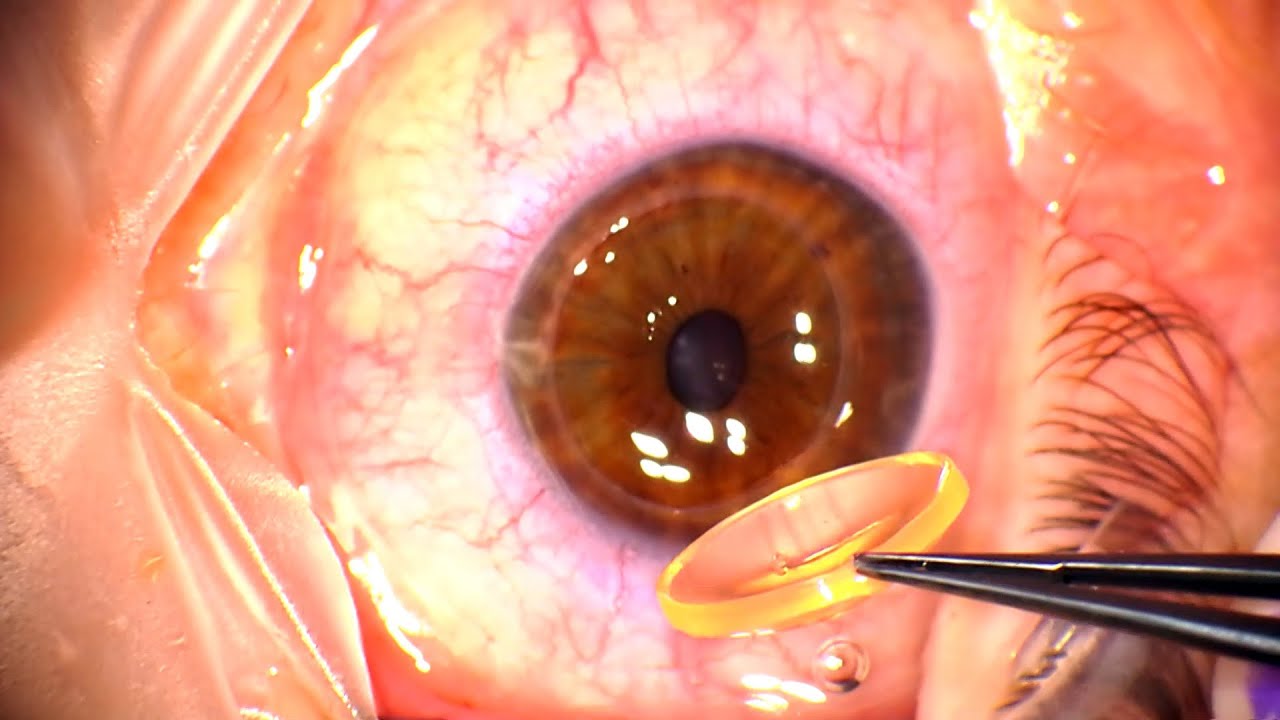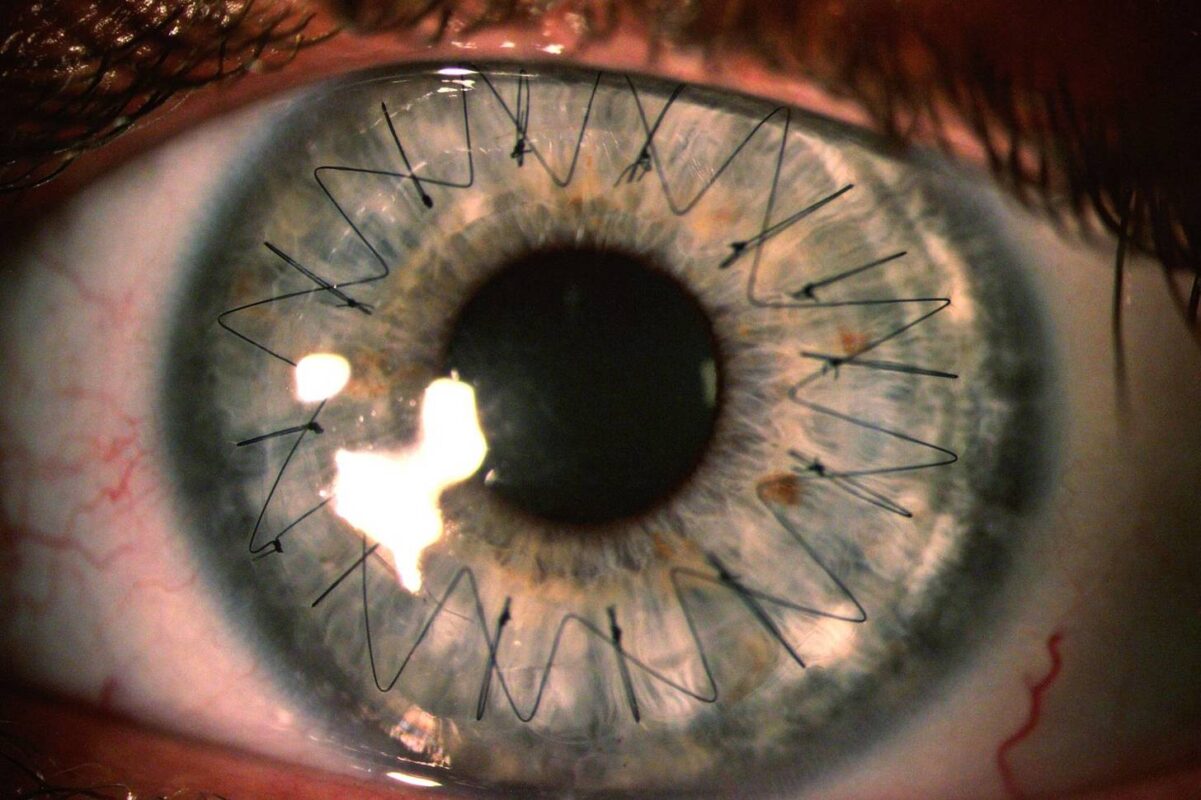Introduction:
In a corneal transplant, also known as keratoplasty, surgeons replace a damaged or diseased cornea with a healthy donor cornea What are the disadvantages of corneal transplant.. While this procedure can significantly improve vision and quality of life for individuals with certain eye conditions.
Corneal Transplant Surgery:/What are the disadvantages of corneal transplant
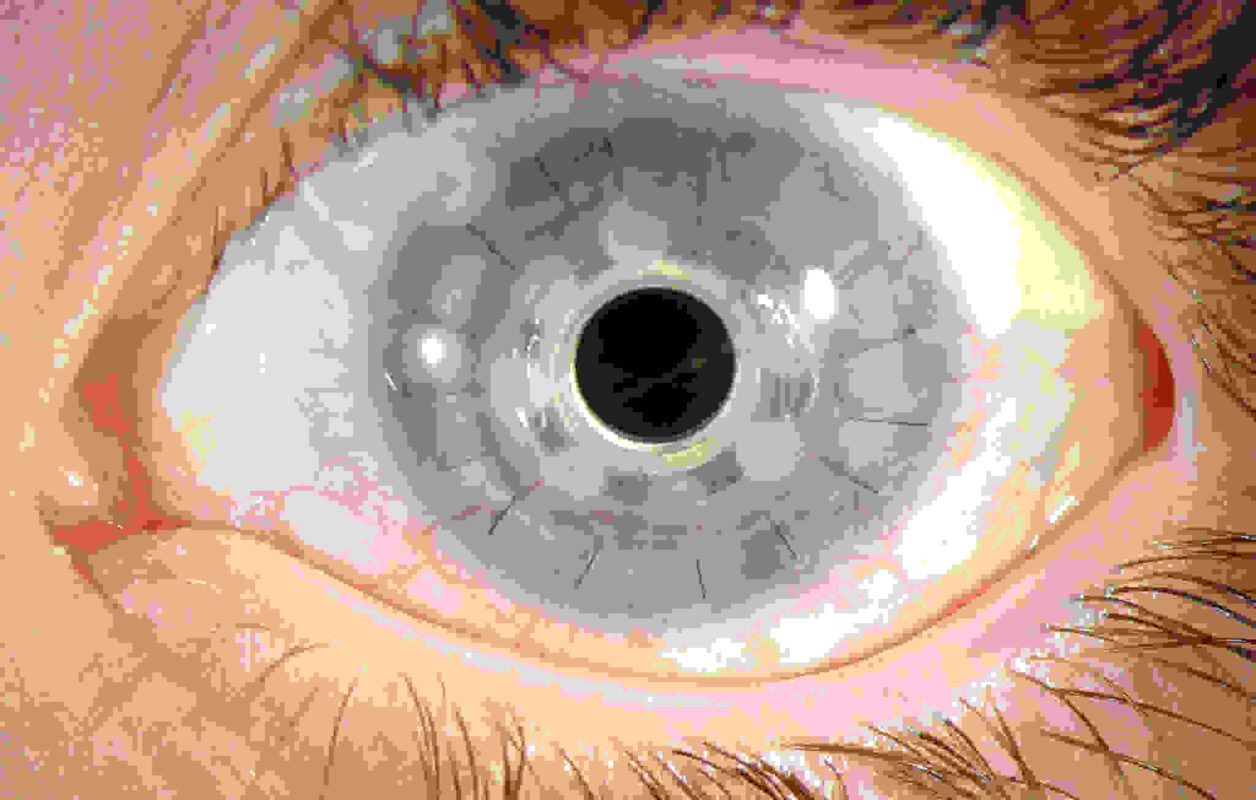
- Risk of Rejection: Despite efforts to match donor tissue to the recipient’s immune system, there is always a chance that the body will recognize the transplanted cornea as foreign and initiate an immune response. This can lead to inflammation, corneal swelling, and potential failure of the transplant.
- Post-operative Care: A corneal transplant, patients must adhere to a strict regimen of eye drops and medications to prevent infection and reduce the risk of rejection. This can be challenging for some individuals and requires ongoing commitment.
- Visual Recovery Time: Patients may experience blurred vision, sensitivity to light, and fluctuations in vision quality during the healing period, which can take several months to stabilize.
- Potential Complications: Any surgical procedure, cornea transplants carry risks of complications such as infection, bleeding, or swelling. Healthcare providers should thoroughly discuss these risks with patients prior to surgery, even though they are relatively low.
- Limited Availability of Donor Corneas: Another significant challenge is the availability of suitable donor corneas. What are the disadvantages of corneal transplant The demand for donor tissue often exceeds supply, leading to waiting lists and potential delays in scheduling surgery.
- In a corneal transplant, patients may experience astigmatism due to irregular shaping of the cornea. This irregular shaping distorts vision and causes blurred or distorted images.ped, causing blurred or distorted vision. Additional corrective procedures or glasses may be necessary to address this issue.
- Long-term Monitoring: Even after successful surgery, ongoing monitoring is required to assess the health and stability of the transplanted cornea. Regular follow-up visits with an eye specialist are essential to detect and address any signs of complications or rejection.
Author Details:
Dr. Sushruth Appajigowda holds a prominent position as a Cornea, Cataract, Glaucoma, and LASIK Surgeon in Bangalore. He serves as the chief Cataract and Refractive surgeon at Vijaya Nethralaya Eye Hospital, Nagarbhavi Bangalore. Renowned as one of the finest LASIK surgeons nationwide, he brings with him over 12+ years of experience across multiple LASIK platforms, including ZEISS, ALCON, SCHWIND, AMO, and Bausch and Lomb. Having successfully conducted over 5000 LASIK procedures, Dr. Sushruth holds the title of a Certified Refractive Surgeon and a Fellow of the All India Collegium Of Ophthalmology. Furthermore, he stands as a distinguished speaker at various National and International Forums, using his expertise to guide you in selecting the most suitable procedure based on your health requirements.

Book Your Appointment NowLhttp://vijayanethralaya.com/link-in-bio/
Conclusion:
While corneal transplant surgery offers significant benefits for individuals with disease or injury, it’s essential to be aware of the potential and risks associated with this procedure.

